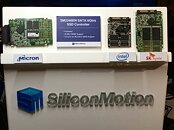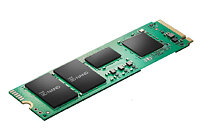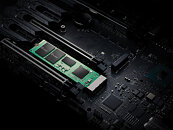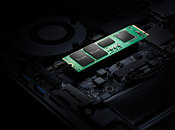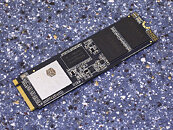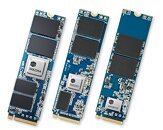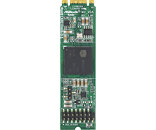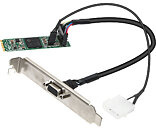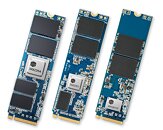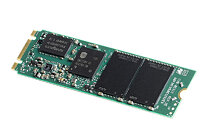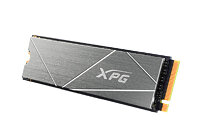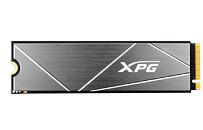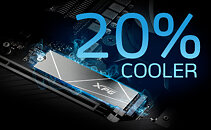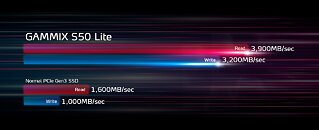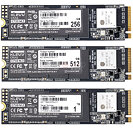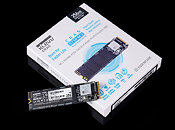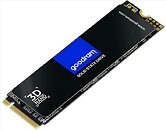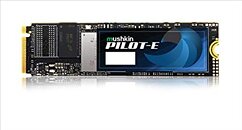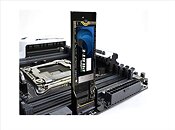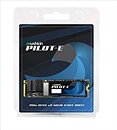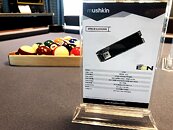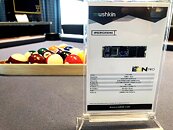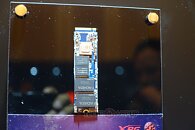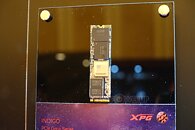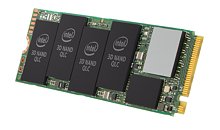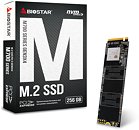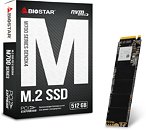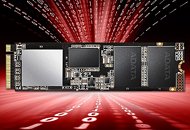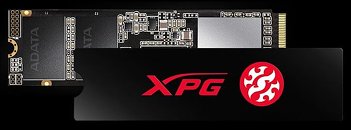MaxLinear to Acquire Silicon Motion, a major SSD controller manufacturer
MaxLinear, Inc. a leading provider of radio frequency (RF), analog and mixed-signal integrated circuits for broadband, connectivity, and infrastructure markets, and Silicon Motion, a global leader in NAND flash controllers for solid state storage devices, announced today that they have entered into a definitive agreement under which MaxLinear will acquire Silicon Motion in a cash and stock transaction that values the combined company at $8 billion in enterprise value. In the merger, each American Depositary Share (ADS) of Silicon Motion, which represents four ordinary shares of Silicon Motion, will receive $93.54 in cash and 0.388 shares of MaxLinear common stock, for total per ADS consideration of $114.34 (based on MaxLinear's May 4, 2022 closing price). The strategic business combination is anticipated to drive transformational scale, create a diversified technology portfolio, significantly expand the combined company's total addressable market, and create a highly profitable cash generating semiconductor leader.
Upon completion of the acquisition, the combined company will have a highly diversified technology platform with strong positions across the broadband, connectivity, infrastructure, and storage end markets. The combination of MaxLinear's RF, analog/mixed-signal, and processing capabilities with Silicon Motion's market leading NAND flash controller technology completes a total technology stack which fully captures end-to-end platform functionality and accelerates the company's expansion into enterprise, consumer, and many other adjacent growth markets. Combined revenues are expected to be more than $2 billion annually and are supported by the technology breadth to address a total market opportunity of roughly $15 billion.
Upon completion of the acquisition, the combined company will have a highly diversified technology platform with strong positions across the broadband, connectivity, infrastructure, and storage end markets. The combination of MaxLinear's RF, analog/mixed-signal, and processing capabilities with Silicon Motion's market leading NAND flash controller technology completes a total technology stack which fully captures end-to-end platform functionality and accelerates the company's expansion into enterprise, consumer, and many other adjacent growth markets. Combined revenues are expected to be more than $2 billion annually and are supported by the technology breadth to address a total market opportunity of roughly $15 billion.











